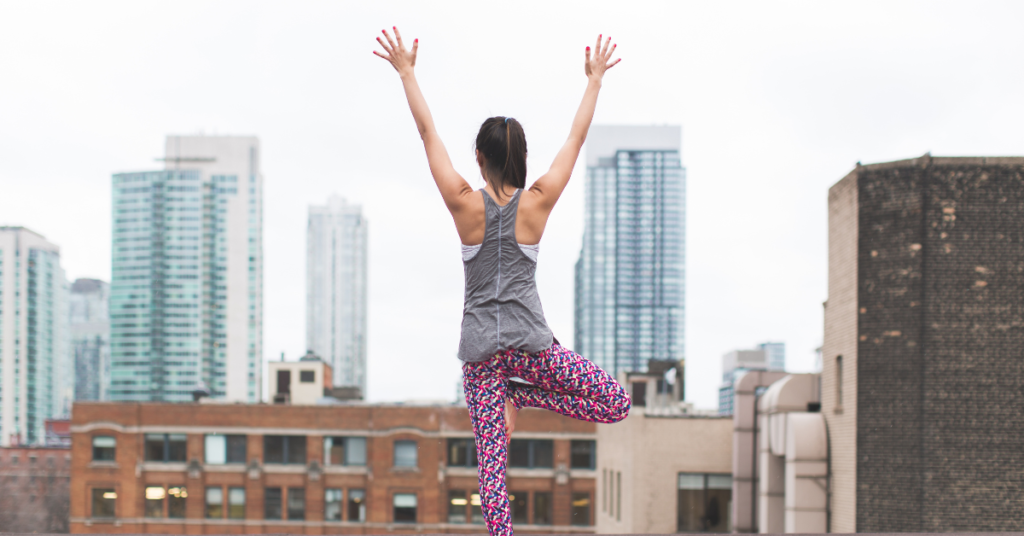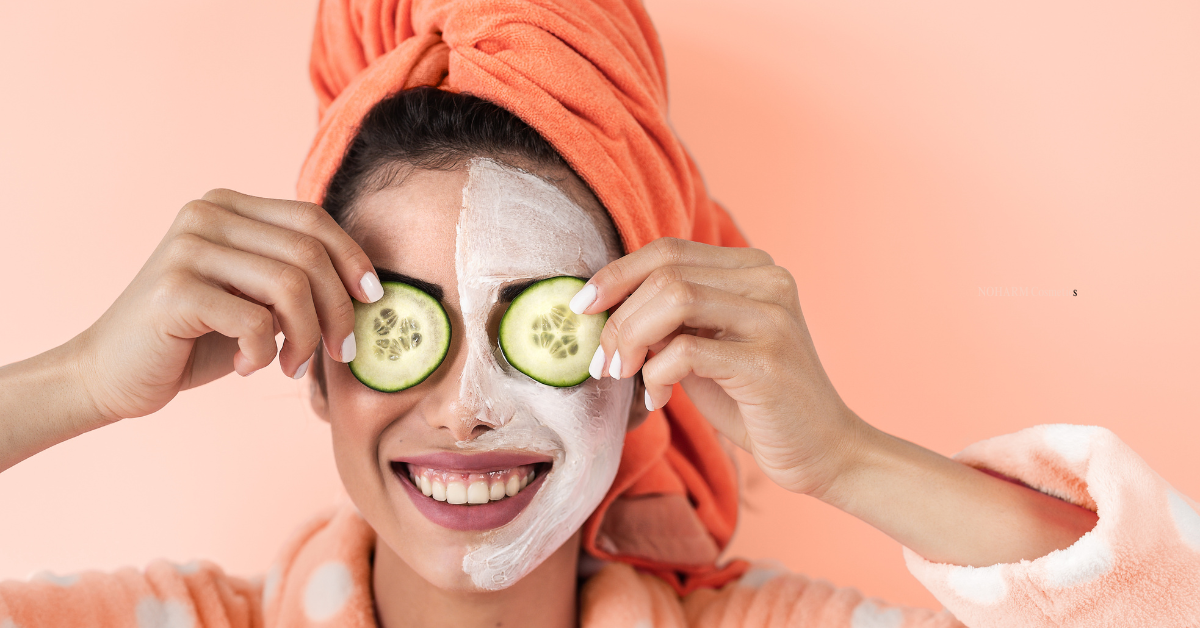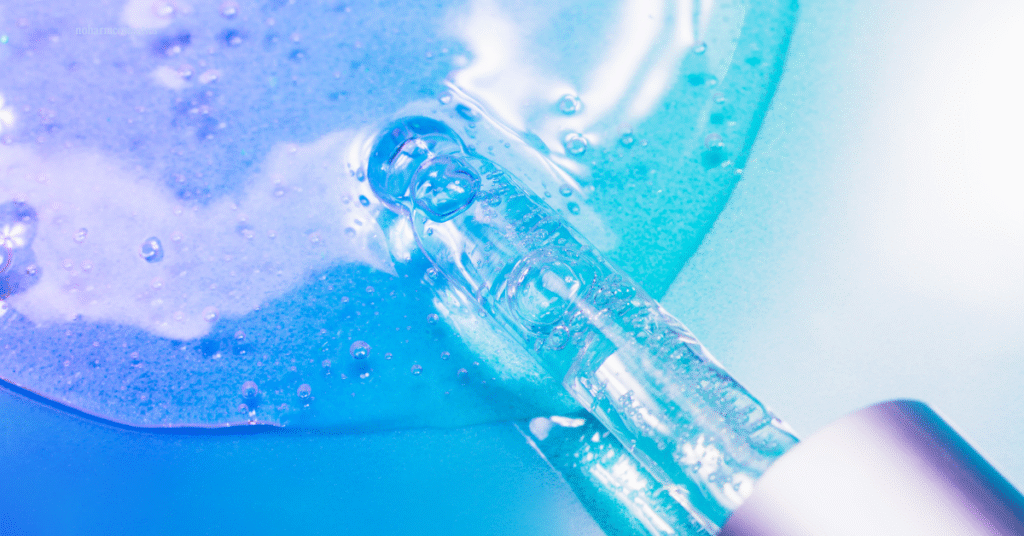You don’t need a shelf full of serums or a celebrity facialist to have great skin. In fact, some of the best things you can do for your complexion are completely free or nearly so. The skincare industry may want you to believe otherwise, but let’s cut through the noise and review the basics that actually work.
Skip the booze
Alcohol dehydrates your body (and face), dilates blood vessels, and accelerates aging. That “wine glow” is really just inflammation dressed up with a nice cabernet. Cutting back or ditching it altogether can make a visible difference in just a few weeks.
No smoking, please
If you’re still smoking, your skin is probably one of the first places it’s showing. Smoking reduces blood flow, which means less oxygen and nutrients reach your skin. It also breaks down collagen and elastin, which keep your skin firm and elastic. Translation: more wrinkles, less glow.
Improve blood flow by exercising
Exercise gets your heart pumping, your blood flowing, and your skin glowing. Exercise also reduces stress,

Prioritize sleep
Your skin does most of its repair work while you sleep. That’s not just a poetic metaphor—there’s actual science behind it. While you’re snoozing, your body boosts blood flow to the skin, rebuilds collagen, and repairs damage from UV exposure.
Load up on fruits and veggies
It’s not groundbreaking advice, but it’s still true: a colorful, plant-rich diet feeds your skin from the inside out. Think of antioxidants in berries, leafy greens, carrots, and sweet potatoes as your natural glow-enhancers. They help fight off the free radicals that contribute to dullness, fine lines, and blemishes.

Hydrate
It’s the most cliché skincare advice in the book, but it holds up. Drinking enough water helps your body function optimally, and that includes your skin. Hydrated skin is more supple, less prone to flakiness, and often looks brighter and healthier. It’s not a miracle cure, but it’s a solid foundation.
Inner calm, outer glow
Stress affects more than just your mood—it can show up on your skin too. Both short-term and chronic stress can trigger flare-ups of skin conditions like acne, eczema, and psoriasis. This happens because stress activates the body’s stress-response system, releasing hormones like cortisol, which can inflame the skin. Whether it’s tai chi, yoga, a walk outside, journaling, or doing absolutely nothing for 15 minutes, finding a way to unwind has many benefits.
The skincare industry wants to keep you guessing
Let’s face it—there’s a whole industry built around selling you a dream in a jar. While some products do work, marketing often blurs the line between science and sales pitch. “You NEED this cream” usually translates to “you might like this, but you’ll probably be fine without it.” So don’t feel bad about skipping the 12-step routine. Your skin doesn’t need a hype squad, it needs the basics done well.
Caring for complex skin concerns
While daily habits like sleep, hydration, and nutrition can support overall skin health, they may not be enough for everyone. Conditions such as persistent acne, rosacea, or other dermatological concerns often require more targeted care. In these cases, working with a dermatologist or skincare professional can be an important step toward finding effective solutions.




